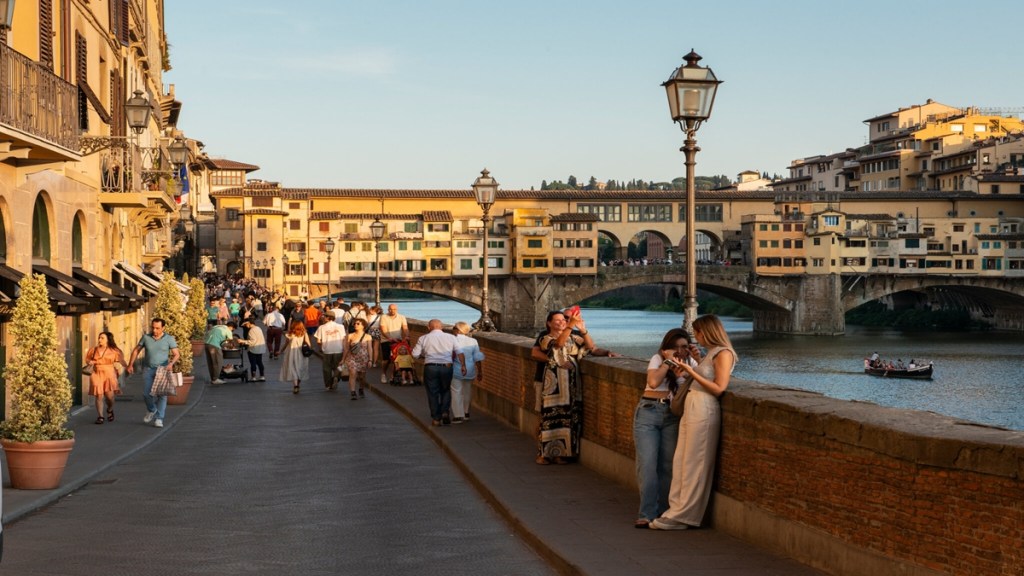The Italy Residence by Investment Program, also known as the Italy Golden Visa or the Investor Visa for Italy, is intended for international investors who are willing to invest in the country’s economy. Italy golden visa holders get access to an Italian residence as well as visa-free access to Europe’s Schengen Area.
Currently, investing in Italy’s real estate does not make foreigners eligible for the Italian Golden Visa program. The Italian Residence by Investment Program is limited to investments in enterprises, government securities, and philanthropic funds.
The investment required for an Italian golden visa is a minimum amount of EUR 250,000 to a maximum of EUR 2 million. To be eligible for the Investor Visa for Italy, one needs to invest € 2 million in Italian government bonds or € 500,000 in an Italian limited company or € 250,000 in an Italian innovative startup or € 1 million in a philanthropic initiative.
“Such investments can qualify one for Italy’s Golden Visa, leading to permanent residency and citizenship, with no strict residency requirements and only basic Italian language (A2) needed. Italian citizenship is one of the top three strongest passports in the world, offering visa-free access to the US, UK, Canada, Australia, and more,” says Andri Boiko, Global Founder & CEO Garant.in
Italy’s golden visa is a 2-year visa for non-EU citizens who choose to invest in Italy’s economy. The residence permit for investors lasts two years from arrival in Italy. Foreign citizens who hold all the requirements and have maintained the original investment can apply for a 3-year renewal.
After five years of regular residence in Italy, foreign citizens can then choose whether to renew the investor residence permit for a further three years, or apply for an EU residence permit for long-term residents or permanent residency.
To obtain an investor visa, you need to have the Nulla Osta al visto or the ‘no objection certificate for a visa’, which is issued by the Investor Visa for Italy (IV4I) committee. Once you have obtained the Nulla Osta, you can go to the Italian diplomatic mission in your country of residence to request a two-year investor visa.
From the moment you receive the Nulla Osta, you have 6 months to apply for an investor visa at the nearest diplomatic representation. You will have to present the Nulla Osta and the application documents. You can use the visa to enter Italy within 2 years of its issue.
With a GDP of $2.17 trillion ($36,810 per capita) in 2022, Italy has the third-largest economy in the European Union and the ninth largest in the world.
Milan, Italy’s financial hub, is currently Europe’s third wealthiest city in terms of high-net-worth individuals, after only London and Paris, with more than 115,000 millionaires and 17 billionaires residing there.
Italy’s Citizenship for Indians is a subject of increasing interest and importance as more individuals explore opportunities beyond their home country. More than 2 million overseas Indians stay in Italy, according to MEA data. “We see increasing interest in Italian business ventures—particularly low-risk investments like restaurants, boutique hotels, wellness centres, and real estate redevelopment in cities like Milan, Florence, and Rome,” says Boiko.
Why do so many wealthy individuals choose Italy despite Europe’s traditionally high taxes? “The answer lies in Italy’s favourable tax regimes tailored for foreign residents, which allow significant tax optimization when income is structured correctly. Combine this with Italy’s strategic location—just one hour from Switzerland and France—and the result is a powerful mix of lifestyle, tax efficiency, and investment opportunity,” says Boiko.
The 2017 Budget Law contains several other incentive measures, mainly of a fiscal nature, specifically designed for individuals who intend to transfer their residence to Italy. For example, an investor visa holder can opt for the special tax regime for new residents.
Individuals who transfer their tax residence to Italy may opt to pay an annual substitute tax of € 100,000 on income produced abroad, provided that they have not been tax-resident in Italy for at least nine years over the previous ten. This option can be extended to family members by paying a further annual substitute tax of € 25,000 per family member. The scheme has a maximum duration of 15 years.
Although direct real estate investments are not permitted under Italy’s Golden Visa program, there are some other options. Many are hopeful that investing €250,000 in a government-approved innovative company or ongoing construction projects, including Italian restaurants and hotels, could be a more accessible and economical option that can work out in the long run. In doing so, investors have the chance to purchase stock in a company backed by real estate.
